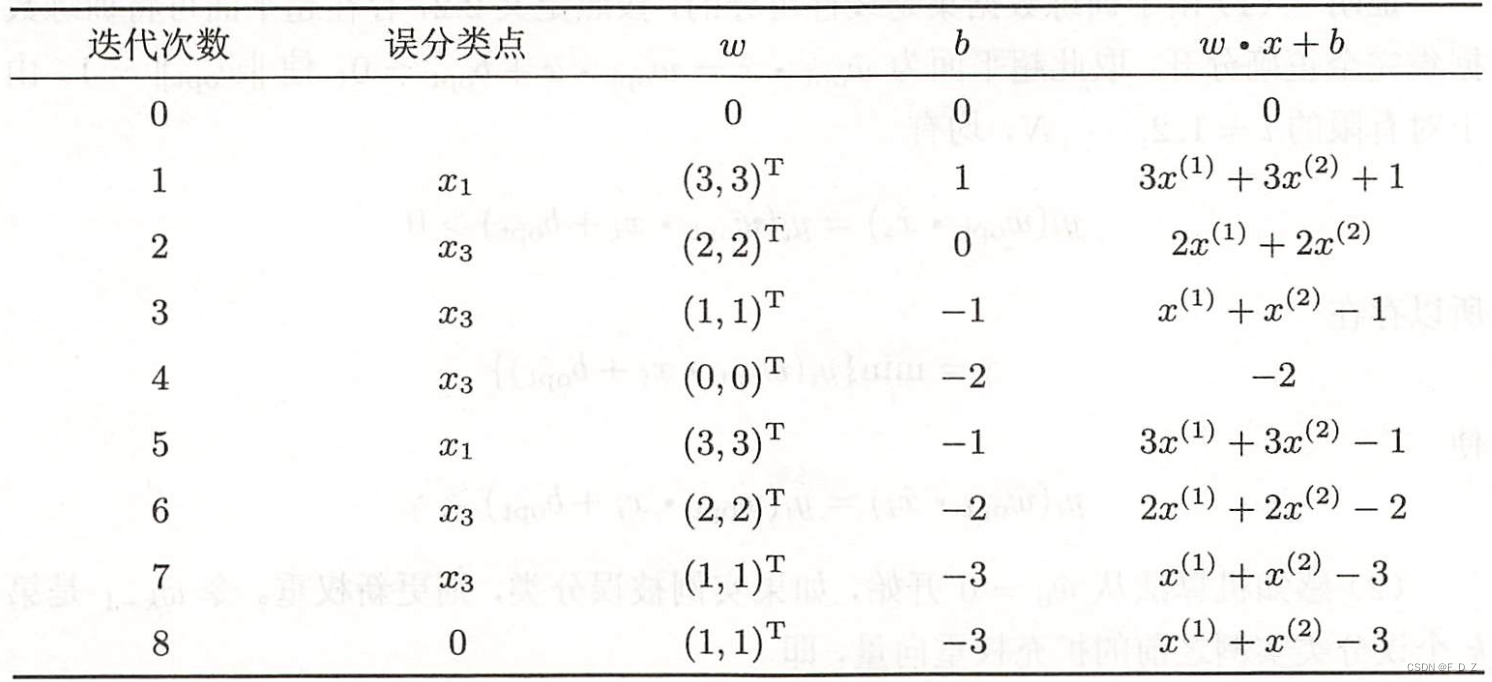Jinja2核心应用场景及示例
Jinja2 是一个强大的 Python 模板引擎,在网络运维自动化中广泛用于动态生成网络设备配置、批量部署脚本和报告生成。以下是其核心应用场景及示例:
·

Jinja2 是一个强大的 Python 模板引擎,在网络运维自动化中广泛用于动态生成网络设备配置、批量部署脚本和报告生成。以下是其核心应用场景及示例:
1. 动态生成设备配置
场景:为不同型号/角色的设备(路由器、交换机)批量生成定制化配置。
模板示例 (switch_config.j2):
hostname {{ device.hostname }}
interface Loopback0
ip address {{ device.loopback_ip }} 255.255.255.255
{% for interface in device.interfaces %}
interface {{ interface.name }}
description {{ interface.desc }}
ip address {{ interface.ip }} {{ interface.mask }}
{% if interface.is_trunk %} switchport mode trunk{% endif %}
{% endfor %}
! 设备特定配置
{% if device.os == 'ios' %}
ip domain-name example.com
{% elif device.os == 'nxos' %}
feature ospf
{% endif %}
Python 渲染脚本:
from jinja2 import Environment, FileSystemLoader
# 设备数据(通常来自 YAML/JSON 文件)
device_data = {
"hostname": "SW-Core-01",
"os": "nxos",
"loopback_ip": "10.0.0.1",
"interfaces": [
{"name": "Ethernet1/1", "desc": "Uplink-to-Router", "ip": "192.168.1.1", "mask": "255.255.255.0", "is_trunk": True},
{"name": "Ethernet1/2", "desc": "Server-Port", "ip": "192.168.2.1", "mask": "255.255.255.0", "is_trunk": False}
]
}
# 加载模板
env = Environment(loader=FileSystemLoader("templates/"))
template = env.get_template("switch_config.j2")
config = template.render(device=device_data)
# 输出配置到文件
with open(f"configs/{device_data['hostname']}.cfg", "w") as f:
f.write(config)
2. 批量生成多设备配置
场景:使用同一模板为数百台设备生成配置,仅数据源不同。
数据驱动方式(YAML 示例 devices.yaml):
- hostname: R1
loopback_ip: 10.1.1.1
interfaces:
- { name: Gig0/0, ip: 172.16.1.1, mask: 255.255.255.0 }
- hostname: R2
loopback_ip: 10.1.1.2
interfaces:
- { name: Gig0/0, ip: 172.16.2.1, mask: 255.255.255.0 }
批量渲染脚本:
import yaml
from jinja2 import Environment, FileSystemLoader
with open("devices.yaml") as f:
devices = yaml.safe_load(f)
env = Environment(loader=FileSystemLoader("templates/"))
template = env.get_template("router_base.j2")
for device in devices:
config = template.render(device=device)
with open(f"configs/{device['hostname']}.cfg", "w") as f:
f.write(config)
3. 自动化部署与 Ansible 集成
Ansible Playbook 调用 Jinja2 模板:
- name: 生成并推送配置
hosts: routers
tasks:
- name: 生成配置
template:
src: "router_config.j2"
dest: "/tmp/{{ inventory_hostname }}.cfg"
# 后续用模块(如 ios_config)推送配置
4. 生成网络拓扑文档
场景:自动生成 Markdown/HTML 报告。
模板示例 (topology_report.j2):
# Network Topology Report
## Devices
{% for device in devices %}
- **{{ device.name }}** (IP: {{ device.management_ip }})
{% endfor %}
## Connections
| Source Device | Source Port | Dest Device | Dest Port |
|---------------|-------------|-------------|----------|
{% for link in links %}
| {{ link.src_device }} | {{ link.src_port }} | {{ link.dst_device }} | {{ link.dst_port }} |
{% endfor %}
5. 高级功能应用
- 条件判断:根据设备类型生成差异配置。
{% if device.vendor == 'cisco' %} service password-encryption {% endif %} - 循环迭代:处理 VLAN 列表、ACL 规则等。
{% for vlan in vlans %} vlan {{ vlan.id }} name {{ vlan.name }} {% endfor %} - 宏(Macros):复用代码片段。
{% macro ospf_config(area, networks) %} router ospf 1 area {{ area }} {% for net in networks %} network {{ net }} area 0 {% endfor %} {% endmacro %} {{ ospf_config(area=0, networks=['10.0.0.0/8', '192.168.0.0/16']) }}
最佳实践
- 数据与模板分离:配置数据存储在 YAML/JSON 文件中。
- 模板模块化:使用
{% include 'subtemplate.j2' %}拆分复杂模板。 - 错误处理:在模板中添加默认值避免变量缺失(
{{ device.get('snmp_location', 'N/A') }})。 - 版本控制:将模板和数据纳入 Git 管理。
工具链整合
- 数据源:NetBox(DCIM/IPAM)、Excel/CSV、CMDB。
- 部署工具:Ansible、NAPALM、Python 脚本(Paramiko/Netmiko)。
- 流水线:Jenkins/GitLab CI 触发自动配置生成。
通过 Jinja2,网络运维团队可实现 配置标准化、减少人工错误、提升变更效率,是网络自动化不可或缺的组件。

GitCode 天启AI是一款由 GitCode 团队打造的智能助手,基于先进的LLM(大语言模型)与多智能体 Agent 技术构建,致力于为用户提供高效、智能、多模态的创作与开发支持。它不仅支持自然语言对话,还具备处理文件、生成 PPT、撰写分析报告、开发 Web 应用等多项能力,真正做到“一句话,让 Al帮你完成复杂任务”。
更多推荐
 已为社区贡献5条内容
已为社区贡献5条内容









所有评论(0)